Heat and Dust
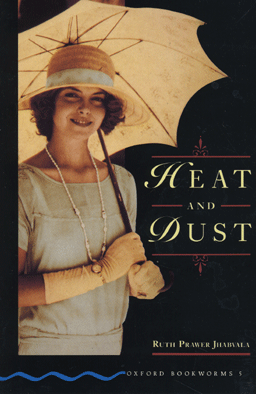 Heat and Dust by Ruth Prawer Jhabvala (1975). In 1920s India, the wife of an English officer strangled by propriety falls for a minor prince with a taste for crime. She aborts their child and leaves her husband. Fifty years later, her ex-husband’s granddaughter returns to India to investigate the scandal.
Heat and Dust by Ruth Prawer Jhabvala (1975). In 1920s India, the wife of an English officer strangled by propriety falls for a minor prince with a taste for crime. She aborts their child and leaves her husband. Fifty years later, her ex-husband’s granddaughter returns to India to investigate the scandal.
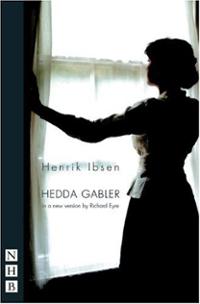 Hedda Gabler
Hedda Gabler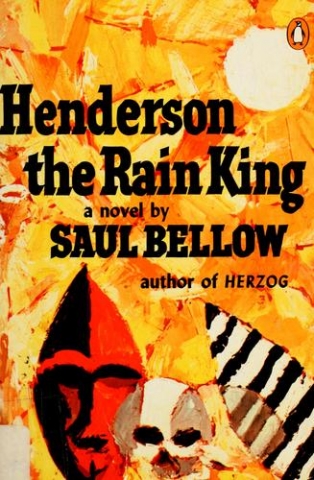 Henderson the Rain King
Henderson the Rain King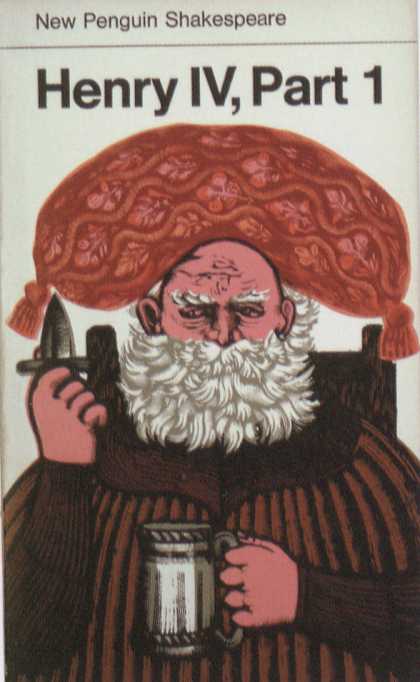 Henry IV, Parts I
Henry IV, Parts I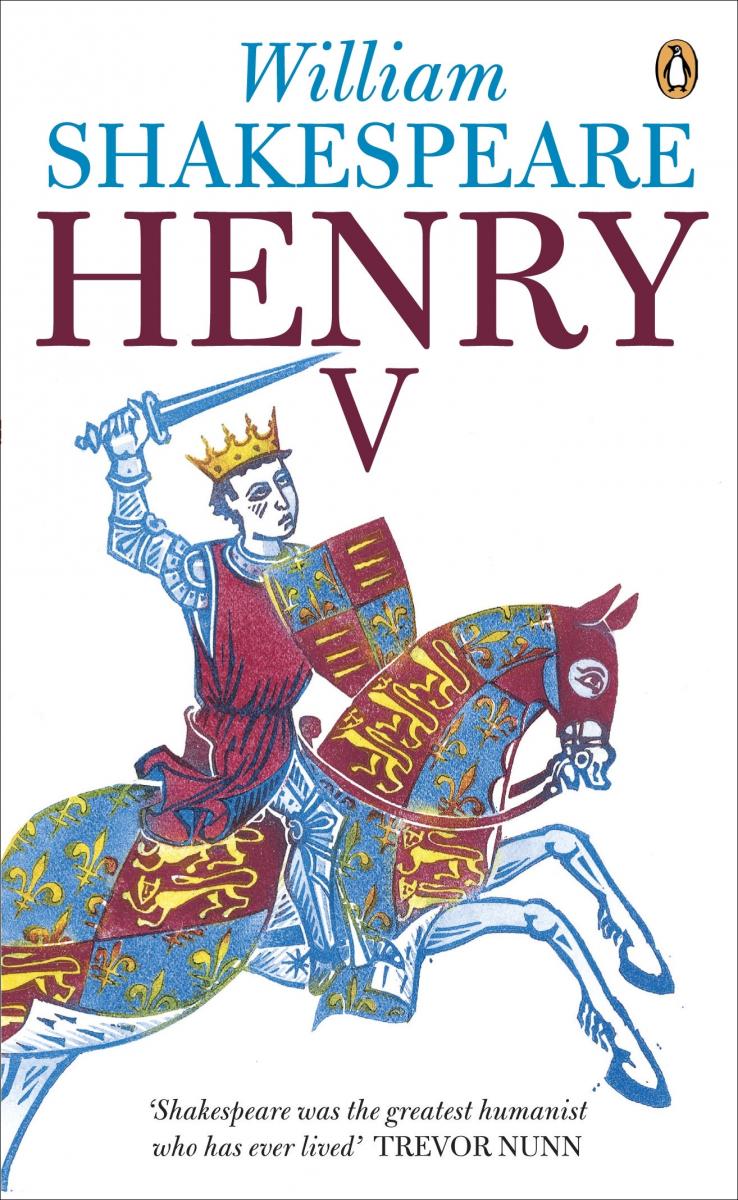 Henry V
Henry V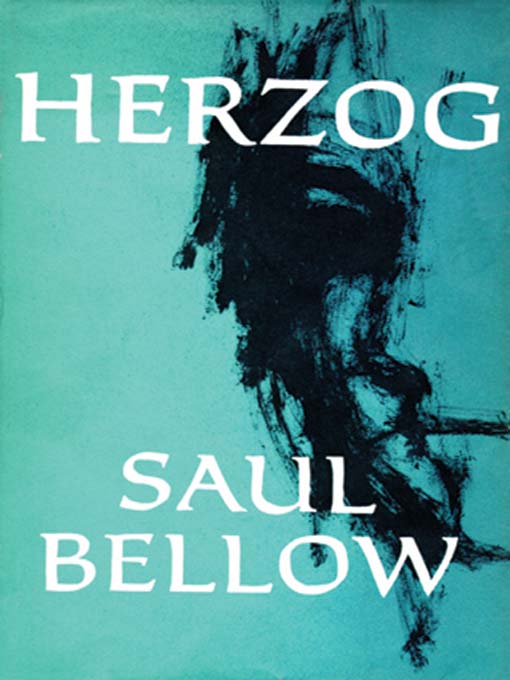 Herzog
Herzog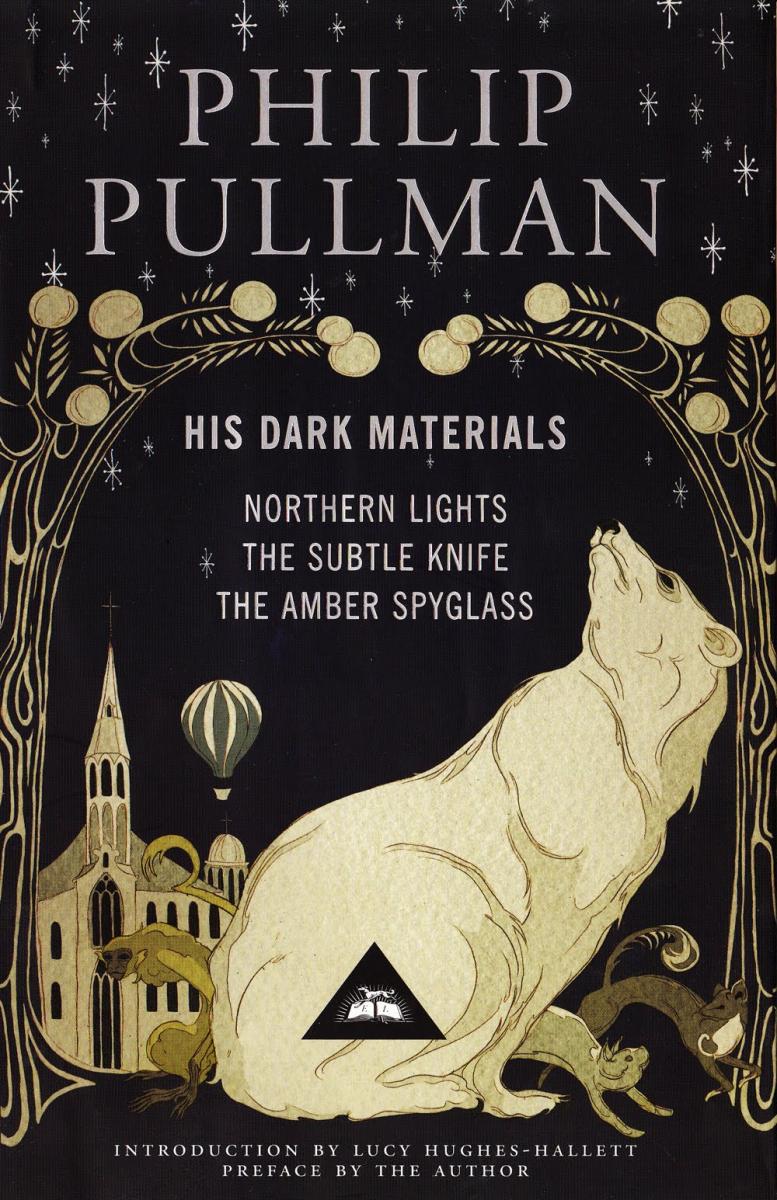 His Dark Materials
His Dark Materials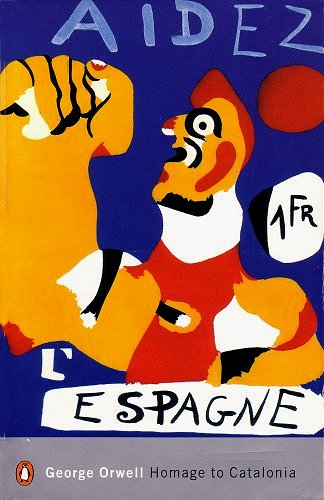
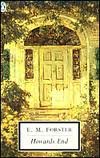 Howards End
Howards End